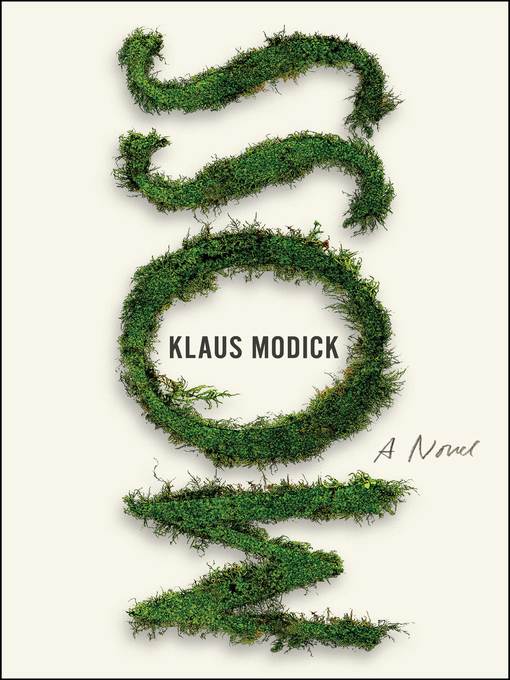
Moss
کتاب های مرتبط
- اطلاعات
- نقد و بررسی
- دیدگاه کاربران
نقد و بررسی

June 22, 2020
German novelist and translator Modick’s thoughtful English-language debut takes the form of a journal discovered after the death of a retired botanist. At a rundown cabin in Ammerland, Germany, the body of Lukas Ohlburg is found covered in moss, as is the interior of the lodge. His final project, a tract criticizing the scientific terminology of modern botany, remains unfinished, as his efforts were instead channeled into a journal in which he links the life cycle of moss with final reflections on his own life. Modick meanders through the short tale, moving quietly and meditatively through the details of Ohlburg’s memory: his father’s relentless efforts to stop the encroaching forest from reclaiming their property, his first sexual experiences, his friendship with his younger brother, and their family’s flight from the Nazi regime. After each topic, Ohlburg returns to the condition of the moss. Modick skimps on story, but he’s a skilled prose stylist, and in the capable hands of Herman he conjures a graceful, thought-provoking portrait of memory and mortality. “One could say that is always only pondering its own past,” Ohlburg’s journal reads. “Its present, however, is pure, humble beauty.” Though the book might not stay with readers, Modick’s insightful tale is pleasant while it lasts.

June 1, 2020
German author Modick's debut novel and first book translated into English is a masterful examination of internal conflict, gratifying for readers inspired by ecofiction and literary theory. Cloistered in his vacation home, well-known, aging botanist Lukas Ohlburg writes in solitude, reflecting on family and observing the natural world around him. Through periods of deep introspection, Ohlburg's disciplined worldview, influenced by his scientific training and his father's need for order and control, gradually evolves. Early on, Ohlburg contrasts plant nomenclature with the underlying essence of all that naming conventions represent. As his conceptual journey continues, he remembers childhood relationships, his father's influence, and sensitive, awkward moments of first love. Themes of differentiation expand to include memory, experience, and dichotomies of isolation and connection. Alternating between writing and exploring woodlands, Ohlburg is drawn to moss, a mysterious plant that wondrously harmonizes his aloneness with thoughts of people who shaped his life. Moss, as plant and idea, catalyzes opposites and Ohlburg's inner explorations transform into a Weltanschauung of epiphany and new understanding of love, death, and the natural world in which this cycle occurs.(Reprinted with permission of Booklist, copyright 2020, American Library Association.)

























دیدگاه کاربران